May 24, 2025 | 16:25 GMT +7
May 24, 2025 | 16:25 GMT +7
Hotline: 0913.378.918
May 24, 2025 | 16:25 GMT +7
Hotline: 0913.378.918
Do Van Ro, a teacher at Cho Lach district Center for Vocational Education - Continuing Education in Ben Tre province, owns two melon farms. With a master's degree in agricultural economics, he constantly explores effective and time-efficient crop care solutions.
At the beginning of 2023, Ro decided to invest in a greenhouse, a reservoir system, and hydroponic pipes to begin implementing a hydroponic melon farming model.
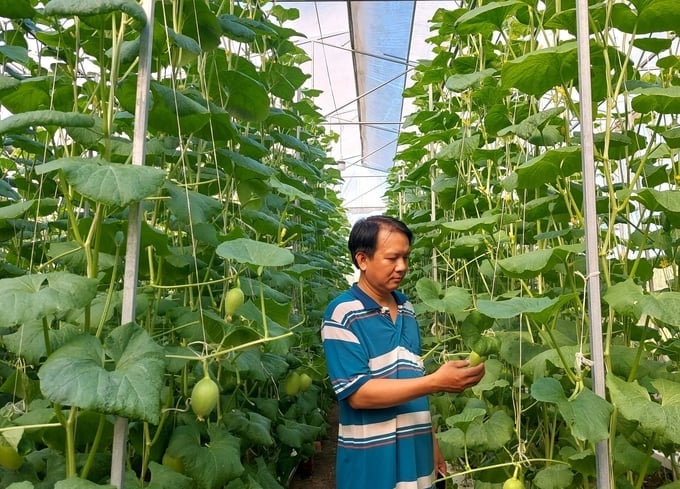
Do Van Ro's digital technology-based melon farming model has been officially recognized as an effective initiative by the Ben Tre Provincial People's Committee. Photo: Kieu Trang.
According to Ro, optimal melon growth requires a regulated nutrient supply during the farming process that simulate the soil environment. Similarly, effective nutrient management and utilization plans are vital to the crop's development; as incorrect fertilizer mixing techniques can result in precipitation and nutrient loss.
Ro utilizes the hydroponic solution formulation tool HydroBuddy v1.50, developed by Spanish scientist Daniel Fernandez, in order to accurately mix different fertilizers.
Ro's nutrient solution was initially unsuitable for the cultivation of crops in tropical climate conditions. However, after improving and adjusting fertilizer ratios, Ro successfully created a nutrient solution tailored to the climate and requirements of melon crops in the Southern region and Ben Tre province.
The application of digital technology has enabled Ro to monitor and adjust the growth stages of his crops with only a smartphone and internet connection. Accordingly, the device automatically converts water nutrient levels (EC concentration), pH, and temperature into specific parameters.
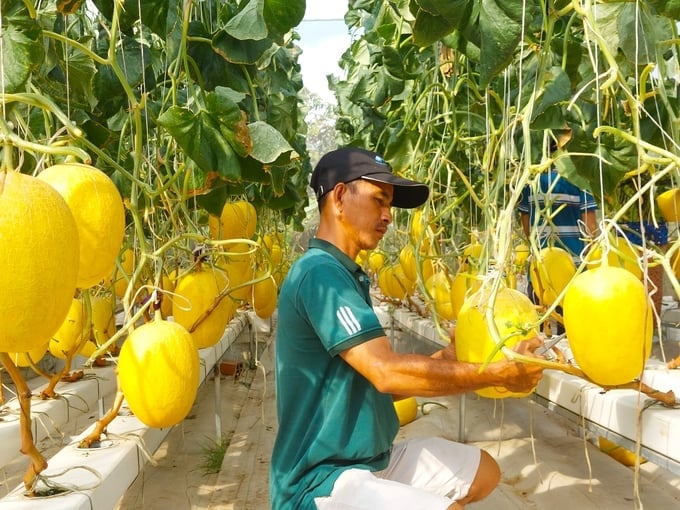
Traders travel to Ro's farm to harvest melons. Photo: Kieu Trang.
At the beginning of 2024, Ro's melon farming model was officially recognized as an effective initiative by the Ben Tre Provincial People's Committee. With a total farming area of 500 square meters and 1,500 melon plants, Ro earns an estimated annual profit of 200 million Vietnamese dong at a selling price of approximately 40,000 Vietnamese dong per kilogram.
Notably, Ro has successfully cultivated two crops of melons since the beginning of 2024. Despite the unpredictable patterns of drought and saltwater intrusion, the productivity of his melon farm remains largely unaffected. Melons are cultivated in a hydroponic environment where water is recirculated and reused, thereby minimizing soil seepage and saving water usage by two to three times compared to traditional farming models.
According to Ro, the hydroponic melon farming model features high yields and climate resilience. However, he noted challenges in finding markets for commercial melons due to the relatively small scale of production. As a result, he aims to expand production scale and transfer technology to other farmers in need, with the goal of establishing a production linkage zone.
Nguyen Vo Nhat Duy, Deputy Head of the Digital Transformation Steering Committee for the Agriculture and Rural Development sector in Ben Tre province, emphasized that digital transformation in melon farming enables precise control over water nutrient levels, pH, and temperature provided to the plants. Consequently, this approach can reduce care costs and pesticide usage, and foster the production of high-quality, safe products.

The application of digital technologies contributes to the effective transformation from traditional agriculture to modern agriculture. Photo: Kieu Trang.
In addition to the digital technology-based melon farming model, Ben Tre province is committed to supporting applied research programs, pilot production models and technological processes to promote the development of high-tech agriculture.
On the other hand, the province is implementing research programs and transferring agricultural production, preservation, and processing technologies to key high-tech agricultural zones. This strategic initiative aims to gradually enhance both the quality and yield of agricultural products, thereby effectively meeting market demands.
To date, Ben Tre's digital transformation initiatives have achieved remarkable results, contributing to the provincial targets in digital government, digital economy, and digital society. However, coordination among various agencies and departments is required to enhance the role and effectiveness of digital transformation. Notably, farmers must be prepared to adopt a new mindset, and welcome scientific and technological advancements.
From 5 experimental production households covering an area of 2,000 square meters in 2018, Thach Ha district currently houses 115 specialized greenhouse melon farming models, totaling an area of 73,000 square meters. This greenhouse melon farming model has been widely replicated within Thach Ha district, spanning the towns of Luu Vinh Son, Thach Son, Thach Xuan, Nam Dien, Thach Lac, Thach Ngoc, Thach Ha, Thach Hoi, and Thach Khe.
Translated by Nguyen Hai Long
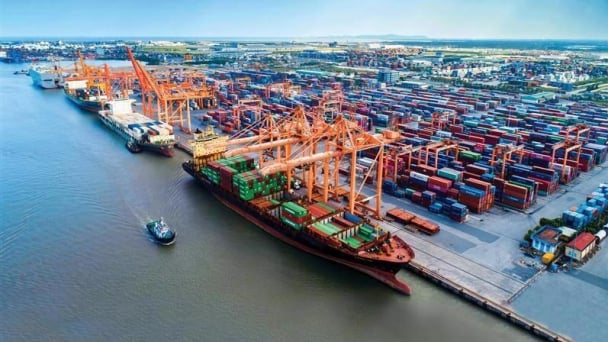
(VAN) South Korea is currently the second-largest investor in Hai Phong in terms of the number of projects (186 projects) and the largest in terms of total registered investment capital, reaching USD 14.2 billion.
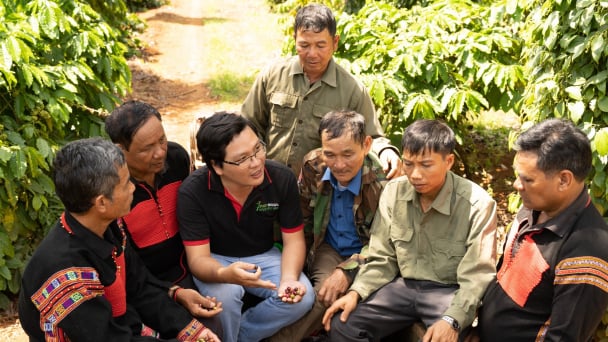
(VAN) As consumers become more environmentally conscious, legal regulations grow increasingly stringent...
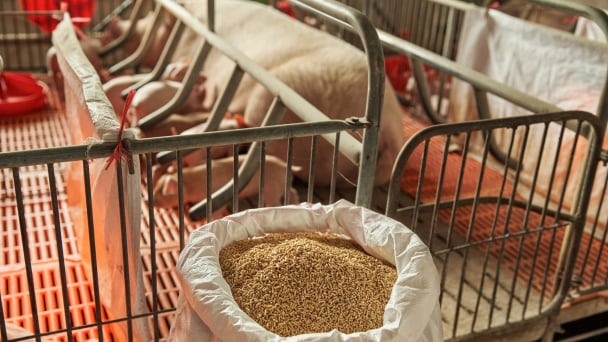
(VAN) CJ Feed&Care officially launched the FCR improvement campaign called “2025 Find Challenge Reach” in April 2025. In Vietnam, this campaign is implemented by CJ Vina Agri.
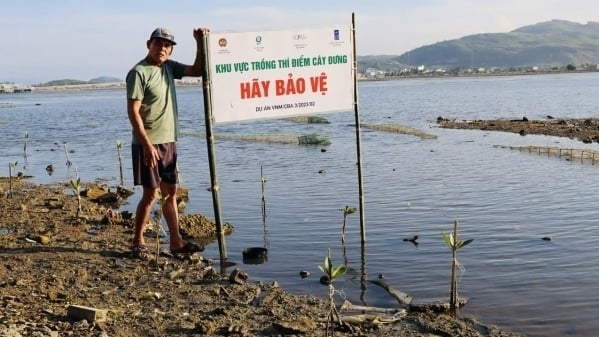
(VAN) The swamp in Pho Thanh is gradually being covered with red mangrove, creating a favorable environment for producing clean, high-quality salt.
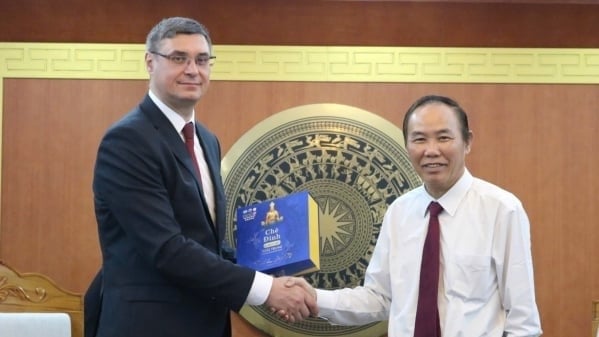
(VAN) The trade turnover of agro-forestry-fishery products is growing significantly, along with investment cooperation commitments that are opening up new development directions between Vietnam and Russia.

(VAN) Khanh Hoa is investing over 545 billion VND to develop 240 hectares of high-tech marine aquaculture in order to guarantee a consistent supply of seafood exports and achieve the USD 1 billion target.

(VAN) Minister of Agriculture and Environment Do Duc Duy held a meeting with Soopakij Chearavanont, Chairman of C.P. Group, on May 15.